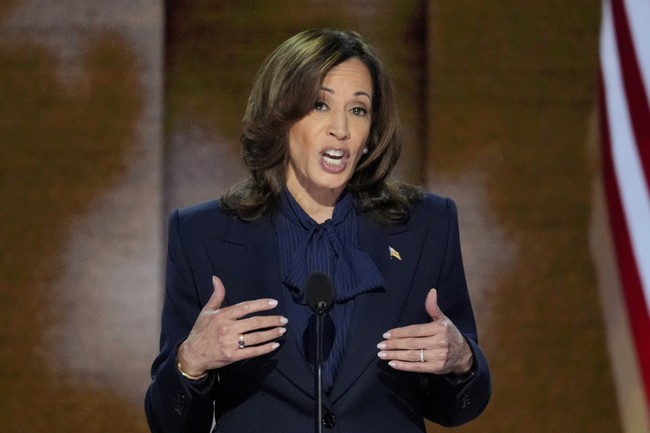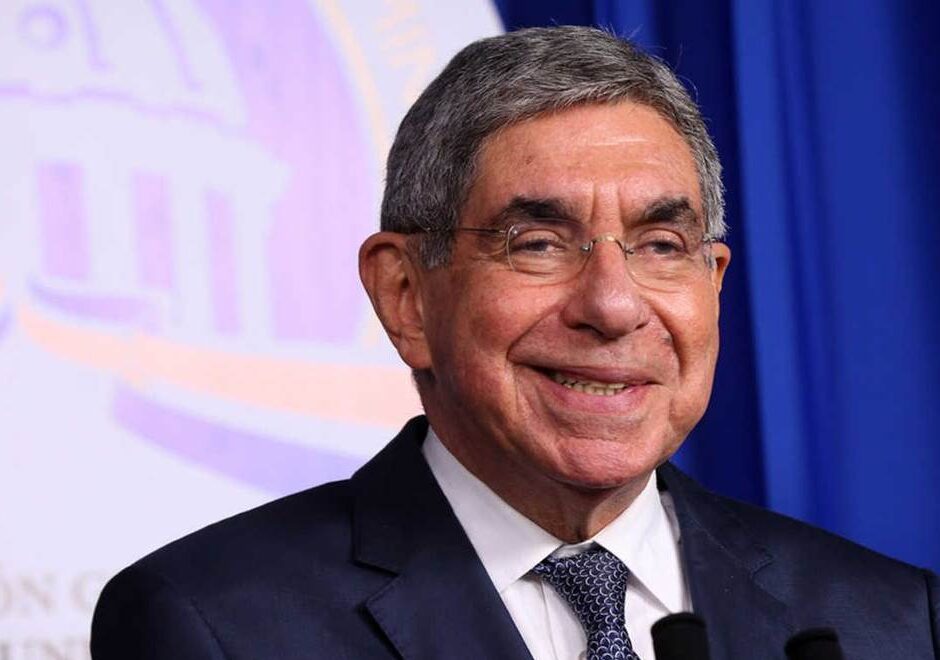US and Greenland: Geopolitical Tensions
The Arctic region is witnessing new geopolitical tensions as the US administration emphasizes its strategic interests in Greenland, challenging Denmark's role and sparking reactions on the global stage.
Published March 29, 2025 - 00:03am

Image recovered from redstate.com
The Arctic region is increasingly becoming a focal point of global geopolitical tension, with significant implications for international relations and security dynamics. At the heart of this development is the renewed interest of the United States in Greenland, a move that has reignited discussions about territorial autonomy, security, and resource management.
Vice President JD Vance's recent visit to the Pituffik Space Base in Greenland underscores Washington's strategic interests in this Arctic territory. During his address to the U.S. Space Force Guardians, Vance highlighted the critical role of Greenland in the American strategic architecture and emphasized the alleged underinvestment of Denmark in this crucial region. His statements, viewed as both a diplomatic overture to Greenlanders and a critique of Danish administration, align with former President Trump's agenda that previously put Greenland in the spotlight.
The messages from Vance suggest that the United States perceives an untapped potential for stronger ties with Greenland, not just through military cooperation but also in terms of economic investment. He emphasized America's respect for Greenlandic self-determination while pointing out the alleged failure of Denmark to secure Greenland effectively, especially in light of emerging threats from China and Russia.
This rhetoric is matched by similar sentiments from Washington, reflecting a broader strategy that sees Greenland as pivotal in the context of Arctic security. The presence of American troops on the island not only signals a commitment to regional stability but also serves strategic military interests. The location of Pituffik is of particular importance due to its proximity to potential missile trajectories from Russia, making it a key node in the U.S. missile defense network.
However, these developments have not been without controversy. The Danish government, led by Prime Minister Mette Frederiksen, has expressed firm opposition to any suggestions of U.S. annexation of Greenland, labeling such pressures as unacceptable. This tension was amplified when the US advanced discussions about future strategic alignments with Greenland, should the territory opt for independence from Denmark via a referendum.
In addition to geopolitical implications, economic interests also underline U.S. motivations. Greenland's rich resources, including hydrocarbons, rare minerals, and strategic fishing grounds, make it an attractive proposition for countries looking to secure new revenue streams in a warming Arctic. However, Greenlanders, whose demographic is predominantly Inuit, have historically resisted external control, favoring autonomy within the Danish kingdom.
The historic significance of the United States' role in Greenland dates back to World War II, and this historical narrative has been reignited by President Trump's administration to justify its interest. This includes suggestions of past collaborative efforts during conflict periods and potential joint future endeavors focusing on mutual global security interests, especially against the backdrop of Russian and Chinese maneuvers in the region.
Overall, the situation in Greenland reflects the broader contest for influence in the Arctic, a key theater in the 21st-century geopolitical landscape. As climate change continues to reshape the Arctic environment, access to new trade routes and resources become more feasible, increasing the stakes for countries with interests in the region.
The future trajectory of Greenland and its political status is likely to remain a point of significant interest and contention among global powers. For Denmark and Greenland, the challenge will be to navigate these pressures while ensuring the integrity and prosperity of Greenland's future.







